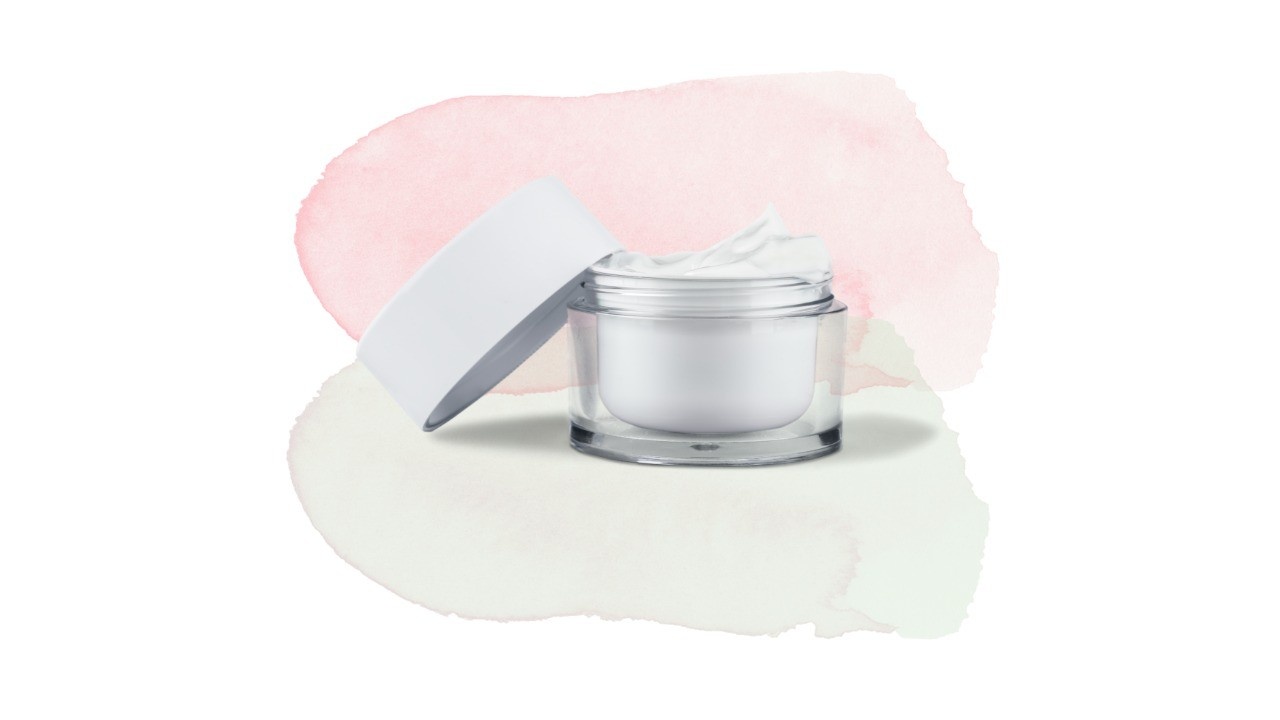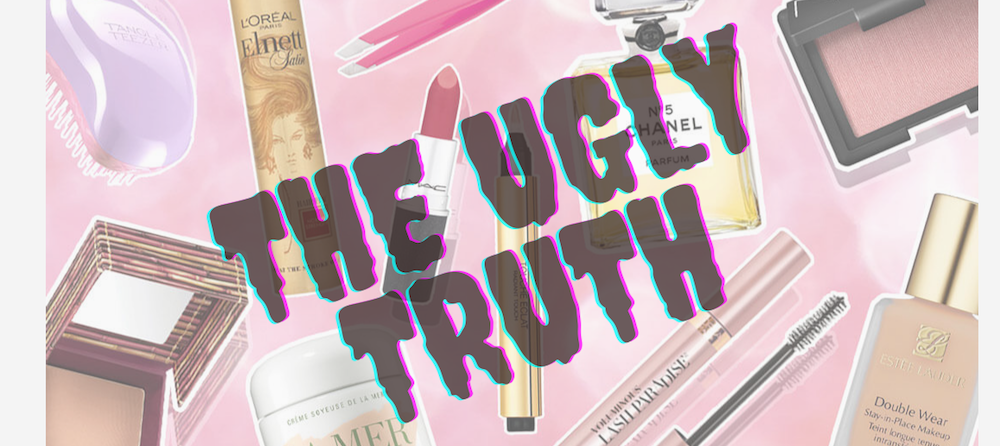
What's In Your Natural Moisturizer?
Aug 10, 2021Everyone has a go-to moisturizer that they love and for some of us, we found it right away, for others it was a test of trial and error. But whatever moisturizer you are using, and regardless of if you are in love with it or not, like a bad boyfriend, it might be doing you more harm than good. And those claims of being natural? Well they might be as fantasy as superman, but no-one really tried to tell us that superman was real, right? (even though it would be great if he was…)
Here’s the lowdown, some ingredients in your trusty ultra-hydrating moisturizer may secretly be contributing to the dry and flaking skin you try so very hard to get rid of. Ingredients such as fragrances, synthetic dyes and parabens, for example, can cause irritation and burning, which is a major no-no.
I challenge you to go and read the ingredients in any of your moisturizers that you have at home right now, especially the ones that claim to be ‘natural’, and see how many clearly chemical ingredients they have listed on the label. AND here’s the worst thing, it’s easy to identify the words like “alpha hydroxy acid” but did you know that some ingredients which sound natural are totally misleading?

Here are 10 to avoid and take a look at number 1 to see just how misleading things can be… (don’t worry, read through the list and there is a solution…..)
1. Mineral Oil
Sounds super natural right? No! According to the Environmental Working Group (EWG), mineral oil is a liquid mixture of hydrocarbons obtained from petroleum. This ingredient, which is commonly used in cosmetics, can be a possible human immune system toxicant or allergen, according to the EWG.
Additionally, board-certified dermatologists have suggested that while mineral oil is used in facial oils, body moisturizers and cosmetics, it can be specifically harmful to those with acne-prone skin. The conclusions of EWG investigations are that when mineral oil is used on the face, it may result in acne flares because this thick emollient has been shown to clog pores.

2. Propylene Glycol
Sounds beautiful right? Not. You may find this seemingly safe ingredient lurking inside your daily moisturizer. However, the Agency for Toxic Substances & Disease Registry suggested that frequent skin exposure to this substance can cause unwanted irritation. They also reported that propylene glycol does contain potent moisturizing properties and it’s definitely not suitable for those who deal with sensitive or dry skin on a daily basis. In some cases it has been found to lead to skin rashes, exacerbation of eczema and burning.
3. Fragrances
This is the one that gets me pretty worked up. Often, I find myself going through a list of ingredients, confidently nodding that this is a pretty “clean” product. Then – BOOM there it is – FRAGRANCE! Did you know that manufacturers can hide any of the 3,100 stock chemical ingredients into that term? They have no obligation to disclose them, as they can disguise it under their trade secret scent.
Fragrances, without a doubt, are currently inside most of your scented moisturizing products. However this ingredient is also a common irritant, leading to rashes, burning and itching. Even worse, they are endocrine disruptors and are linked to cancer and reproductive effects.
Why choose something with “Fragrance” when we have access to the “real deal” aka our Essential Oils?
4. Synthetic Dyes Or Colors
Synthetic dyes or colors also can find their way inside moisturizing creams. The Environmental Working Group (EWG) recently suggested that FD&C Yellow 6, for example, is a petroleum-based synthetic dye that is approved by the FDA to be used in pharmaceuticals, food and cosmetics.
However, board-certified dermatologist Sonia Batra suggested that while these ingredients may receive FDA approval for use, these same dyes and colors can also be harmful to the skin and human health.
“These colors can trigger allergies and irritation in the skin, and are suspected to be carcinogens,” Batra warned. “They are also banned in the European Union.”

5. Parabens
According to the U.S. Food & Drug Administration, parabens are a family of chemicals that are typically used as preservatives in cosmetics, including moisturizer. However, this is contrary to the opinion of leading Dermatologists that raise concerns that parabens may disrupt hormone production and have been linked to breast cancer. (*Huffpost)
6. Retinol
Retinol is the latest craze and skin care companies are loudly announcing its presence in their latest moisturizers, however, leading cosmetic surgeon Melissa Doft has warned that while retinol can be an integral part of any skin care regimen, it can cause issues for sensitive skin users in particular. The problem is that moisturizer producers want you to use their product daily to ensure you make a re-purchase but in the case of retinol, even the leading experts advise daily use should be avoided. Seriously, how can we trust these people?
7. Alcohols
Alcohol is another common moisturizer ingredient to steer clear of, as it will almost certainly make skin drier than it already is. The worst thing about this is that it not only makes dry skin drier, it also counteracts the degreasing effect, and can cause oily skin to actually produce more oil.
It’s a total no-go ladies.

8. Alpha Hydroxy Acids
Like retinol, alpha hydroxy acids and especially glycolic acid are being seen as the latest and greatest. BUT leading skin care experts warn that this is going too far. These products can cause way too much harm when not used carefully.. Think of it like this. Some medications need to be prescribed by a doctor who explains the dosage and how to take it. The skin care industry is basically selling products that should be monitored. You can essentially cause damage by overusing these, in the same way someone can overdose on medication. A US leading dermatologist commented that ‘Alpha hydroxy acids in moisturizers can cause redness, swelling, itching and even skin discoloration This ingredient is best used under the supervision of a board-certified dermatologist”. But WHY would you want to use this when there are natural alternatives? 60% of what you apply to your skin is absorbed into your body. Think about it. I encourage you to Really. Think. About. It.
9. Petroleum-Based Products
Contrary to common belief, petroleum tends to block pores, not allowing moisture to enter the skin and trapping dirt and oil in the skin. This can lead to the formation of blemishes and black heads. Check your labels because petroleum based moisturizers are everywhere because they are cheap to produce, not because they are good for you.
10. Isopropyl Alcohol and Salicyclic Acid
These two ingredients are used as astringents to prevent breakouts, . If you plan to use a toner as part of your cleanse, tone, moisturize regime, opt for something gentler and use it only moderately, like witch hazel.

SO WHAT NOW??
So you’ve just raided your bathroom and discovered that you have a chemical concoction in almost every bottle… don’t worry, I did the same too. But that’s okay, this Blog isn’t meant to scare anyone, I just want to raise awareness so that people can make their own choices – fully informed of what’s in a bottle that claims to be natural.
I decided I wanted natural skincare products. I was pregnant when I made the decision and I didn’t want chemicals on my skin being absorbed into my baby – he didn’t deserve that. And neither did I. So I found an alternative through essential oils. I now make most of my skincare products including moisturizer but there’s so much more! You’ll find the same chemical story when you look at your eye serums, shower gels, face wash, toners, lip balms, and the list goes on. But ALL of those can be put together at home and result in not just a more natural product, but a higher quality product AND for a fraction of the price.
As a qualified clinical aromatherapist, I have years of experience working with essential oils and I hold regular classes via What’s App, Telegram and Zoom as well as broadcasting YouTube Webinars.
Do you have any questions or want to know more about Essential Oils and how to get started with Young Living? Shoot me an email on [email protected]

If you would like to sign up and become a member of Young Living you may do so HERE
Stay connected with news and updates!
Join our mailing list to receive the latest news and updates from our team.
Don't worry, your information will not be shared.
We hate SPAM. We will never sell your information, for any reason.

